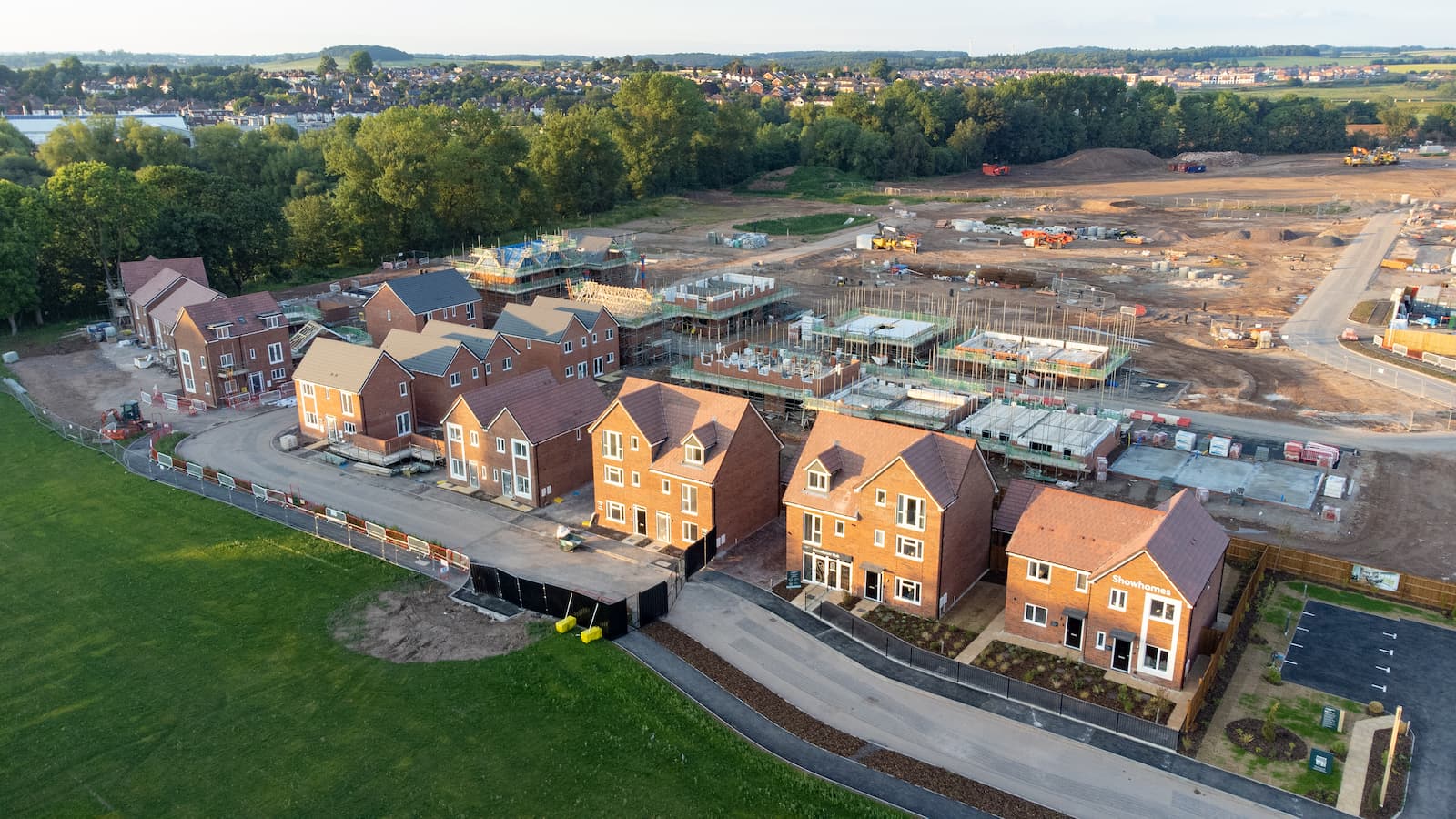Starmer gets tough on housebuilders — but are they villains or scapegoats?
Government pressures housebuilders to build faster but critics clash over who’s really to blame for Britain’s housing crisis

Prime Minister Keir Starmer has sent a clear warning to housebuilders: “If you promise homes, you have to build them.”
Backed by Deputy Prime Minister Angela Rayner, Labour’s new housing policy introduces tough penalties for developers who delay construction – including potential land seizures, public reporting requirements and thousands of pounds in “delayed homes” fines.
But while the government positions itself as cracking down on industry inertia, countryside charity CPRE argues the proposals miss the mark and risk weakening local democracy, while failing to address the real structural problem behind Britain’s housing crisis: developers allegedly “hoarding” land with planning permission to inflate profits.
And now, developers are fighting back, defending their role in a volatile, over-regulated housing market they say is far more complex than politicians or campaigners admit.
This is my message to housebuilders: get on with it. If you promise homes, you have to build them. As part of our Plan for Change, we’re introducing penalties if you don’t build them fast enough.May 25, 2025
CPRE 'Developers are sitting on a million unbuilt homes'
In a new briefing paper, CPRE claims that large developers are deliberately holding back housing delivery by sitting on sites with planning permission - more than a million homes, according to their estimates - while trickling expensive, poor-quality builds onto the market.
“The real problem lies with big housebuilders, which maximise their profits by hoarding planning permissions,” the charity said. “We’re not facing a planning problem – we’re facing a profit problem.”
CPRE warns that the government’s proposed planning reforms, particularly those that reduce the role of local planning committees, could erode public accountability and result in low-quality, car-dependent sprawl with little local input.
Bring your dream home to life with expert advice, how to guides and design inspiration. Sign up for our newsletter and get two free tickets to a Homebuilding & Renovating Show near you.
Paul Miner, CPRE’s head of policy, added: “Blaming planning committees is a smokescreen. Curtailing local democratic oversight while letting developers dominate the process will only make things worse.”
Government response: Build or lose the land

The government insists its reforms are about delivery, not deregulation. Developers will be required to publish annual progress reports, commit to realistic build-out timelines, and deliver on them – or face fines.
Angela Rayner, housing secretary, defended the measures: “No more sites with planning permission gathering dust while a generation struggles to get on the housing ladder. We’re backing the builders - not the blockers.”
Councils will also be given powers to reclaim land if developers consistently delay projects under new NPPF changes, while large developments will default to “mixed tenure” to encourage faster, more inclusive builds.
Are developers to be blamed?
While the political heat has been turned on developers, many in the industry say they’re being unfairly vilified.
The Home Builders Federation stated: “The planning system is plagued by delays, under-resourcing, and anti-development sentiment within some local authorities. Yet developers are continuously blamed for slow build-out. That’s a distraction from the root causes.”
However, in response to the Competition and Markets Authority's (CMA) report they recognised "the planning system is a fundamental barrier to delivery and adds unnecessary delay and cost into the development process".
Where does the truth lie?
This tug-of-war raises key questions for the future of UK housing policy:
- Can the government penalise slow developers without discouraging investment?
- Are planning committees protecting communities – or obstructing homes?
- And how do we ensure that what gets built isn’t just fast, but also fair, affordable, and sustainable?
While Labour's "Plan for Change" aims to deliver homes at pace, critics like CPRE warn that without structural reform of the housing market itself, Britain risks building more of the wrong homes, in the wrong places, for the wrong prices.
In the middle are the developers – under pressure to deliver faster, but facing what they say is an increasingly uncertain and politicised environment.
As the government promises to “get Britain building again,” the question remains: build what, where, and for whom?

News Editor Joseph has previously written for Today’s Media and Chambers & Partners, focusing on news for conveyancers and industry professionals. Joseph has just started his own self build project, building his own home on his family’s farm with planning permission for a timber frame, three-bedroom house in a one-acre field. The foundation work has already begun and he hopes to have the home built in the next year. Prior to this he renovated his family's home as well as doing several DIY projects, including installing a shower, building sheds, and livestock fences and shelters for the farm’s animals. Outside of homebuilding, Joseph loves rugby and has written for Rugby World, the world’s largest rugby magazine.
